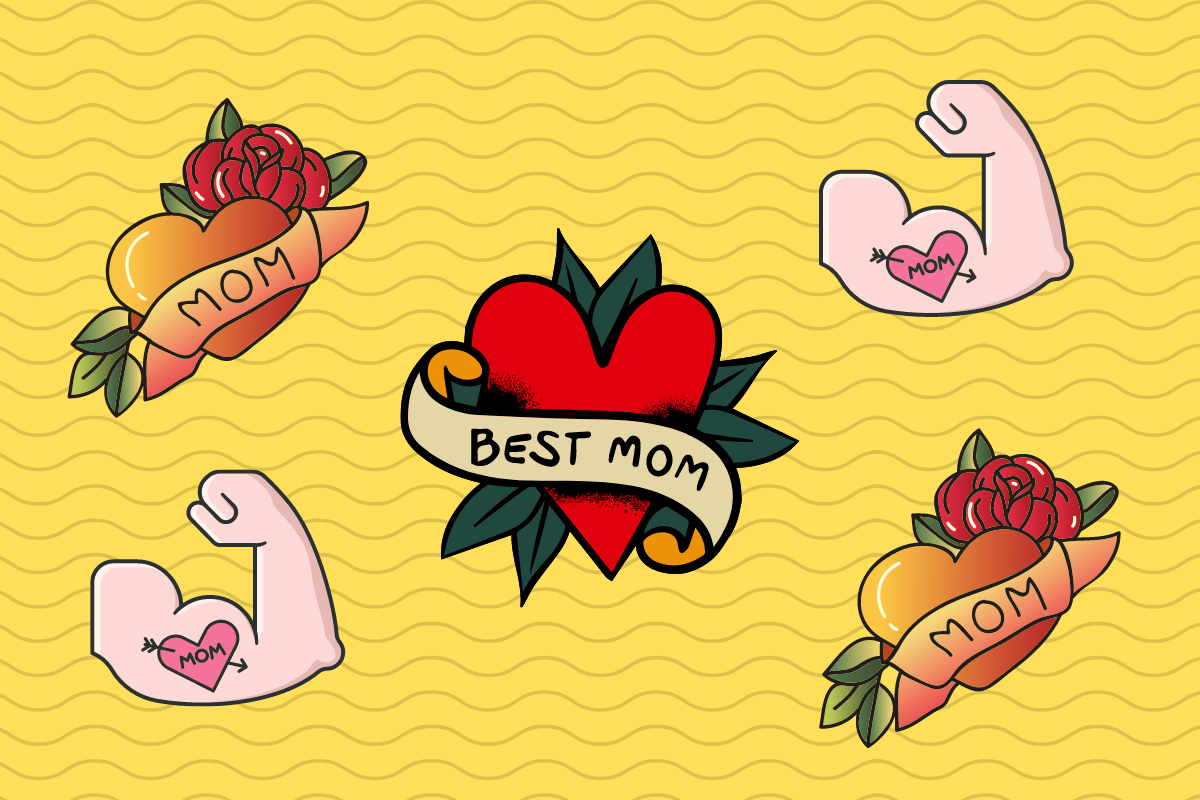When our two daughters were in their teens, my husband and I tried to avoid an outright “no” to any request. Rather, we would have a discussion, which frequently would evolve into a negotiation of sorts.
When our younger daughter asked permission to ride in her boyfriend’s summer version of his Jeep, roofless and without doors or windows, I was opposed and guessed Husband would be, too; many years of marriage had ensured a kind of instantaneous telepathy. No way was our baby going to travel on Boston area highways inside a glorified skateboard. But we both listened for a long time before ruling against it. Undaunted, Younger Daughter waited a couple of days before she unveiled her PowerPoint presentation, complete with detailed vehicular safety statistics and 3-D renderings of the Jeep’s structural capabilities. Our verdict was still unfavorable to the plaintiff, but we did enjoy the show. Younger Daughter is now an engineer at an electric car company.
Older Daughter was a senior in high school when she broached the notion of getting a tattoo. It was just she and I at the kitchen table, and the vehemence with which I answered with an emphatic “no” startled us both.
“No? Just no?” she said. “What do you mean? You never just say no. Aren’t we going to even talk about it?”
“No,” I said. And tears started leaking from underneath my eyelids.
Older Daughter was alarmed.
I explained.
It wasn’t that I feared she’d get one of the scary spiky ones that might keep her from ever qualifying for a mortgage. Or that I was worried about it impacting her future educational prospects. It went deeper than that.
Our family is interfaith. I fell in love in college at age 19 and 10 years later married him, a Quaker, whose philosophies blended beautifully well with my brand of Judaism. Our kids identify as both; each is 50% Ashkenazi Jewish, or Jews whose ancestors descend from Central or Eastern Europe. Which means tattoos are not only religiously prohibited, but invoke the heinous history of the Holocaust, wherein Jews sent to the camps were tattooed with identifying numbers. When my brother was a young child, maybe 5 or 6 years old, my dad found him drawing pictures on his hand with a ballpoint pen. “We’re Jews,” he had said with a mix of tenderness and anger. “We don’t do that. We don’t mark our skin.” That my beloved dad had died young and unexpectedly when my own kids were small made his words that much more impactful.
Older Daughter is now a doctoral candidate in psychology; she responded then, as a teen, the way she would today: with love and empathy. And she said she’d give it some more thought.
Years after that conversation, she called me late at night, upset. She’d gotten a tattoo, one that meant a lot to her, a visual symbol of an important life discovery. She was afraid of my reaction.
And now it was my turn to be shocked.
I was somehow blindsided by her terrible distress, her fear that I might find what she’d done unforgivable.
I told her that there was nothing on Earth she could possibly do that I would find unforgivable, and that I was sorry to have ever given her the impression that anything she might choose to do in her life was beyond the pale.
“Remember,” I said, “you were in high school. I felt responsible for guiding your choices back then. But you’ve always made good ones. And if this is your choice, I’m OK with it.”
My daughter reminded me of what I had said to her and her sister every day before school: “Ask good questions, make good choices.”
“You’re really OK with this?” she asked.
And I was. I am.
Each generation must forge its own path, and hers is one my generation seems to have embedded with landmines right and left. My daughter’s associations with inking the skin are cultural, as are my own. But culture and one’s relationship to it are ever in flux. What endures as a touchstone is her cohort’s devotion to tikkun olam, repairing the world. In their efforts to this end, she and her peers are marking their own territory, as all descendants must.








